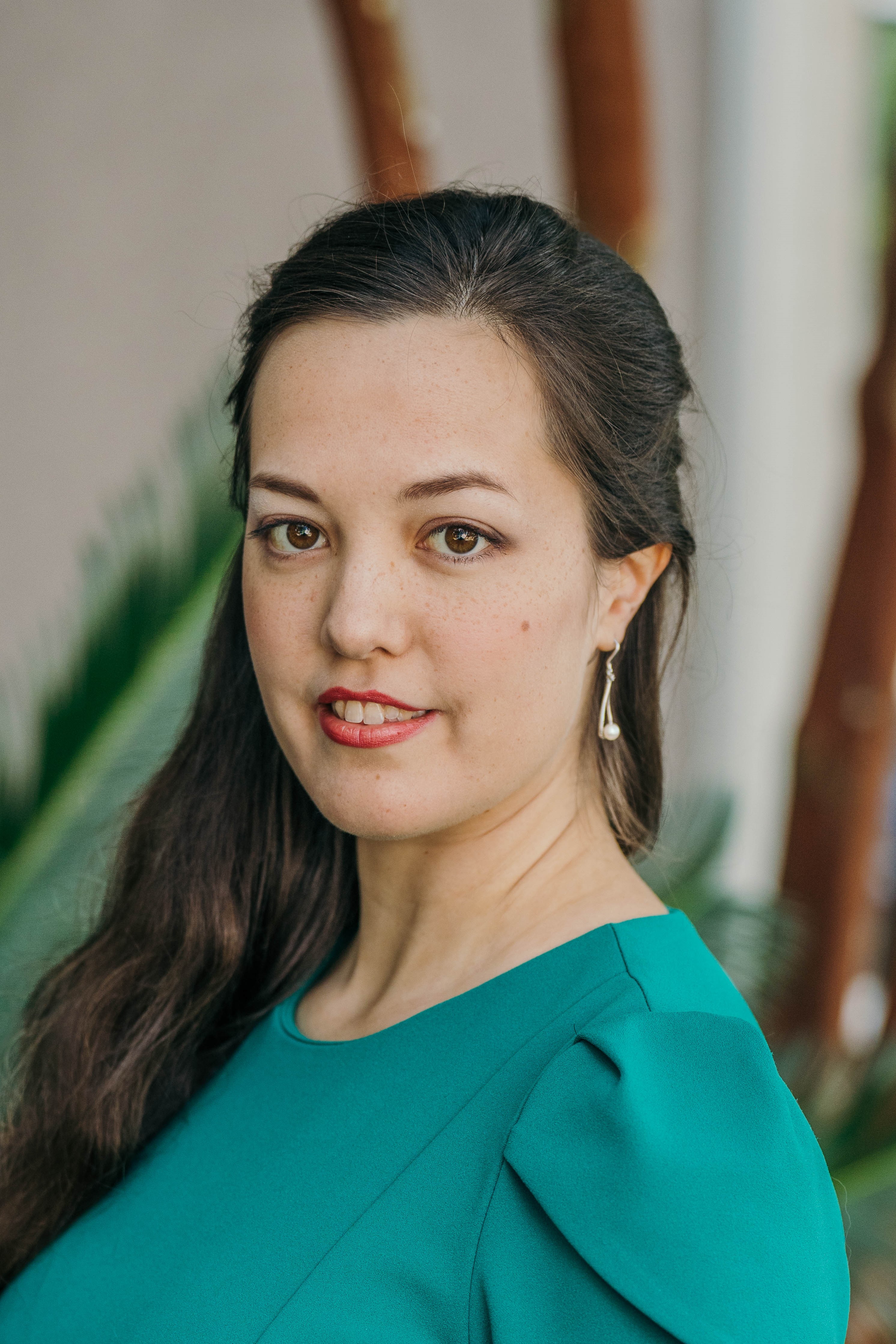UROP Project
Describing Vocabulary in K-12 School Readings
literacy vocabulary reading school morphology

Research Mentor: Ms. Audrey Hendrix,
Department, College, Affiliation: School of Communication Science and Disorders, Communication and Information
Contact Email: ahendrix@fsu.edu
Research Assistant Supervisor (if different from mentor):
Research Assistant Supervisor Email:
Faculty Collaborators:
Faculty Collaborators Email:
Department, College, Affiliation: School of Communication Science and Disorders, Communication and Information
Contact Email: ahendrix@fsu.edu
Research Assistant Supervisor (if different from mentor):
Research Assistant Supervisor Email:
Faculty Collaborators:
Faculty Collaborators Email:
Looking for Research Assistants: Yes
Number of Research Assistants: 2
Relevant Majors: Open to all Majors
Project Location: 201 W. Bloxham, Warren Building Tallahassee, FL 32306-1200. The Warren building is part of FSU, but it is off of the main campus.
Research Assistant Transportation Required: Yes Remote or In-person: Partially Remote
Approximate Weekly Hours: 5-7, Flexible schedule (Combination of business and outside of business. TBD between student and research mentor.)
Roundtable Times and Zoom Link:
Number of Research Assistants: 2
Relevant Majors: Open to all Majors
Project Location: 201 W. Bloxham, Warren Building Tallahassee, FL 32306-1200. The Warren building is part of FSU, but it is off of the main campus.
Research Assistant Transportation Required: Yes Remote or In-person: Partially Remote
Approximate Weekly Hours: 5-7, Flexible schedule (Combination of business and outside of business. TBD between student and research mentor.)
Roundtable Times and Zoom Link:
- Day: Thursday, September 4
Start Time: 1:30
End Time: 2:00
Zoom Link: https://fsu.zoom.us/j/92380405506?pwd=9aeh8w4IRlVAocoG2z8VwIpfrYl12j.1
Project Description
This project seeks to analyze vocabulary of the readings that students in grades K-12 may be assigned to read. Vocabulary words that students encounter in school may be more complex than those that they hear and use in everyday conversation. For example, the word "biology" can be broken up into the meaningful word parts "bio" (life) and "logy" (a telling/study of a topic). In the field of literacy research, meaningful word parts are called "morphemes" and they are theorized to have a role in vocabulary and reading outcomes. Our aim in this project is to determine and catalogue the numbers and types of morphemes present in American English Language Arts readings. Knowledge of how vocabulary complexity changes through the grades will inform future research on vocabulary and reading instruction. At this point in the project, we have compiled approximately 4 million words for analysis. However, we still need to convert a number of books into usable text files in order to analyze the vocabulary they contain. This project is expected to influence research on reading instruction and intervention to benefit struggling students (and their teachers).Research Tasks: Research tasks may include any of the following:
1. Converting e-books to a standardized file type
2. Scanning physical books (We are using primarily e-books to minimize the amount of time spent scanning!)
3. Checking text files for characters that cannot be analyzed
4. Checking code output (We will be using code to identify and categorize vocabulary words in running text)
5. Checking vocabulary words against a database to identify their characteristics and suggesting new classifications if the word does not exist in the database.
Skills that research assistant(s) may need: 1. Basic familiarity with Word and Excel (Required: However, extra training will be provided)
2. Access to a computer if remote work is desired (Recommended: We do have physical computers in the lab if you do not have your own computer)
3. Access to transportation for in-person meetings either at the Warren building or FSU's main campus. (Recommended: You can walk to Warren or take the bus from the main campus, but it is a long walk)
4. Basic lab skills: communication, transparency, curiosity, attention to detail, and dedication (Required: Lab tasks will sometimes be tedious or frustrating, but you are always free to ask for help. I will not ask you to do anything I would not do myself)
Mentoring Philosophy
Mentorship is an investment in learning. I am very grateful to be finishing my first year as a doctoral student. My journey towards this milestone began with research mentorship experiences I undertook as a freshman (about seven years ago) at FSU. As I volunteered and then worked in multiple labs, research mentors took the time to help me see both my strengths and the areas I needed to improve. They aided me in exploring intriguing research topics and then finding opportunities, like research conferences, to showcase my growing understanding of scholarly investigations. As I gained knowledge and confidence, my mentors allowed me to supervise or mentor new research assistants. Now, I have supervised or mentored approximately 40 students across three labs to investigate language use from birth to retirement.Mentorship is about me helping you learn and discover your own talents. Yes, I do appreciate your assistance in my research tasks. My projects would take much longer without your help! However, my personal goal for mentorship is giving you the guidance and resources you need to meet the learning goals you lay out for yourself. If you are interested in this project, consider asking yourself what you would like to learn. What intrigues you about vocabulary and literacy? If that is not your area, what research skills do you want to gain? I would love to help you identify areas to grow or explore.
Additional Information
Potential opportunities: If you are interested, I am willing to help you prepare conference presentations. I also acknowledge my research assistants' contributions in my own presentations and publications.A little bit about my work:
1. My CV (Curriculum Vitae): https://fsu-my.sharepoint.com/:b:/g/personal/aah18g_fsu_edu/EaXaSVq6RAdGud51w5H1xbIBELGOSBg3KUNryAKPEqfhVA?e=N3E8kT
2. A news article about a recent conference where I presented: https://news.cci.fsu.edu/cci-news/cci-alumni-news/scsd-doctoral-students-and-faculty-present-at-the-sssr-conference/

